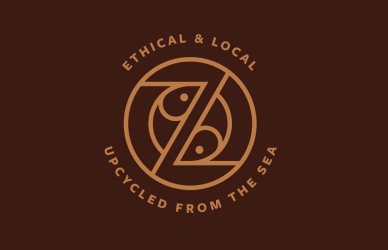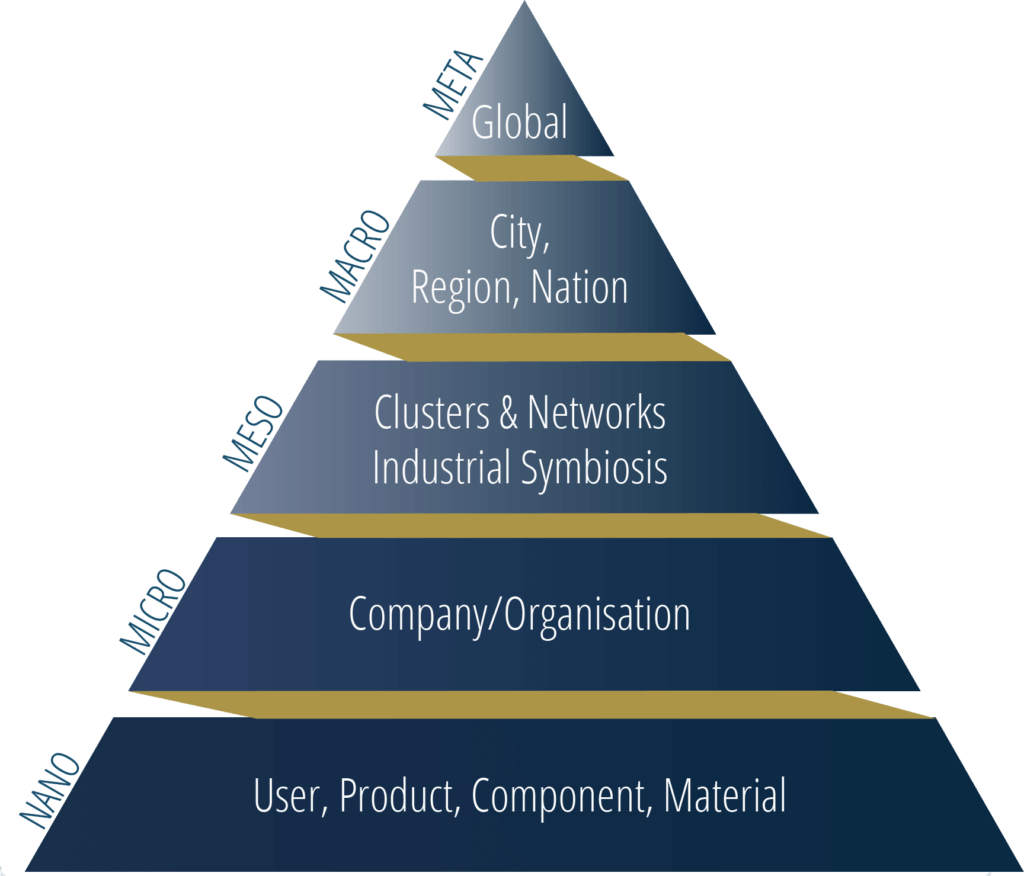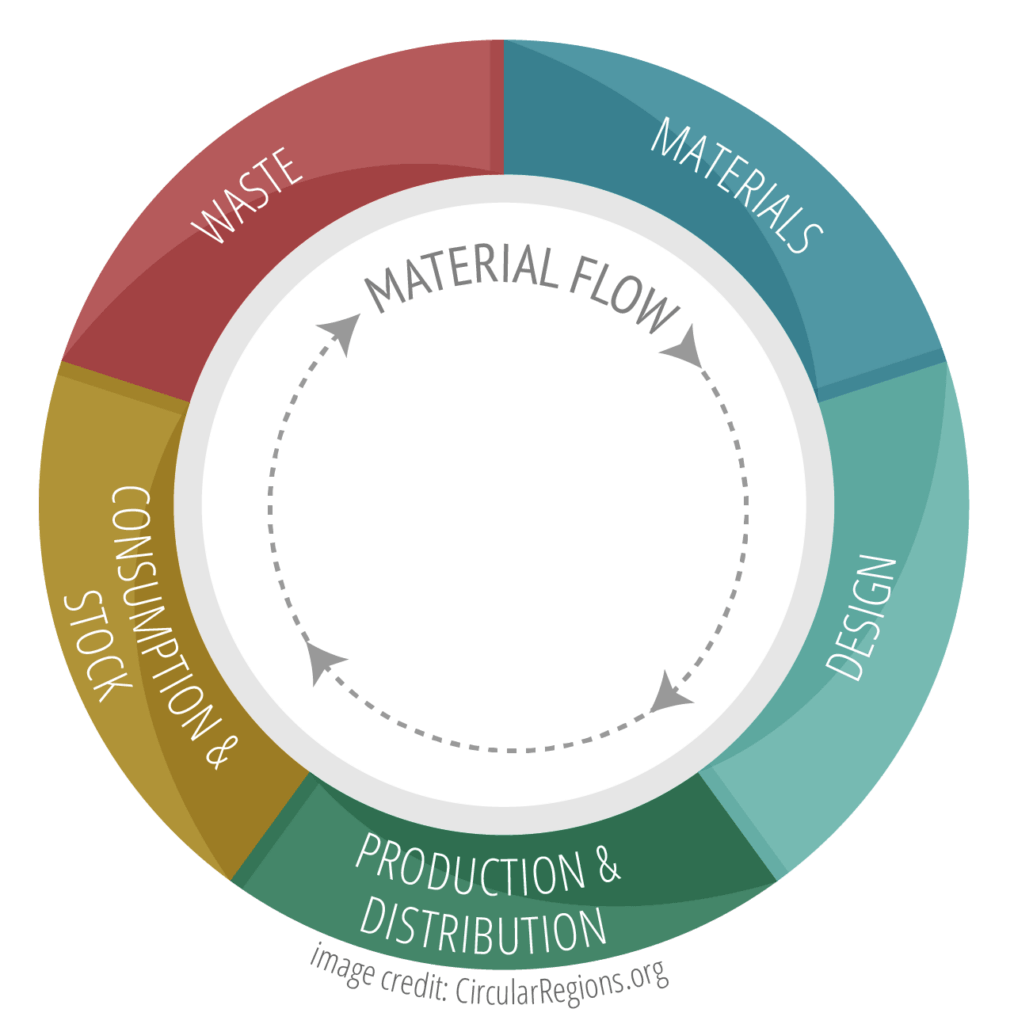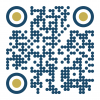7 Leagues Leather
Vancouver, British Columbia, Canada
CONDENSED CASE STUDY

IMPACT
MODEL
CYCLE PHASE

- CAN-CECL1
Circular Case Studies by Circular Regions licensed under CC BY-NC-ND 4.0

STATUS & TIMELINE
| Milestone title | Date | Content |
|---|---|---|
| start date | 11/2022 |
DESCRIPTION
Created from sea and tree, fish leather is an eco-luxury good, nine times stronger per thickness than other leather and featuring a stunning scale pattern. We’ll sell wholesale fish leather to the global market and fish leather goods to North Americans. Fish skin is transformed into durable, beautiful material through our proprietary eco-friendly process. Working with Indigenous partners, using skins that are a byproduct of food processing, our original and replicable/franchiseable micro-tannery concept mimics how microbreweries brought beer production into the urban mix and introduced people to the ingredients and process to increase appreciation and demand.
Waste in fisheries is value lost: it is currently estimated at 50 million tons annually worldwide. For every 2,000 pounds of filleted fish, 88 pounds of fish skin is discarded into landfills, thrown into the ocean, or repurposed into low value use. Canada is missing the path of highest value full use of the entire fish, not keeping track of waste or its impact. Rotting fish waste increases greenhouse gases (GHG). Wastage also means fisheries and processing resources are used in vain, resulting in net loss of time, capital, and materials, contributing additional GHG emissions and climate change.
Fashion causes 2-8 percent of global carbon dioxide emissions – more than all international flights and maritime shipping combined. Ethical Gen X and Millennial shoppers seek beautiful, unique products but not at the cost of our planet; eco-fashion brands seek ethically produced materials from local sustainable resources, success metrics, lower carbon production, good press, new customers, and interesting new materials. We will provide that material for their market, while engaging in sustainable production methods that leverage the resources at hand and support local jobs and talent.
We are moving to an apprenticeship model to build this industry in Canada and beyond, in cooperation with an Icelandic consultant who ran the largest fish leather tannery in the world for 30 years, counting Nike, Prada, and Gucci among his customers. This training and franchise model will bring 7 Leagues global.
Wherever there is fish processing and a luxury local/tourist market, there should be a 7 Leagues microtannery.
ORGANISATION / PARTNERS
Login to download a .pdf

